50 Years Ago
-
 Health & Medicine
Health & MedicineEarly work on human growth hormone paved way for synthetic versions
In 1966, researchers reported the complete chemical structure of human growth hormone. Today synthetic growth hormone is used to treat growth hormone deficiency.
-
 Microbes
MicrobesLeptospirosis bacterium still haunts swimming holes
Bacterial scourges lurk in warm recreational waters.
-
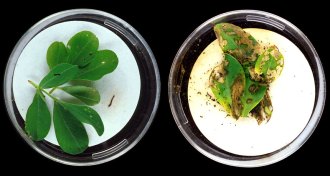 Agriculture
AgricultureBacterium still a major source of crop pesticide
Bacillus thuringiensis bacteria have provided pest-fighting toxins for over 50 years.
-
 Health & Medicine
Health & MedicineEnvironment still tied to MS risk
50 years ago, scientists reported a possible connection between the environment and multiple sclerosis risk.
-
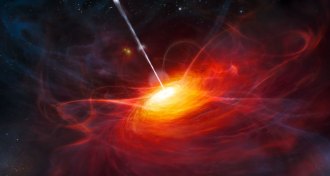 Astronomy
AstronomyQuasars’ distance no longer in question
Astronomers now know quasars live around black holes in remote galaxies, but 50 years ago, one researcher argued they were much closer.
-
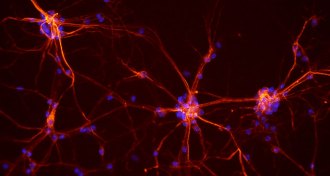 Neuroscience
NeuroscienceScientists still haven’t solved mystery of memory
50 years have refined a basic understanding of the brain, but scientists are still exploring how memories form, change and persist.
-
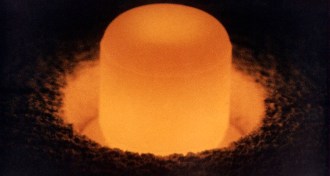 Chemistry
ChemistryAfter 75 years, plutonium is still NASA’s fuel of choice
On the 75th anniversary of the discovery of plutonium, the radioactive element is still not a major source of fuel for nuclear power plants in the United States.
-
 Science & Society
Science & SocietySoviets nailed first landing on moon
The first spacecraft to safely land on the moon touched down on the lunar surface in 1966.
-
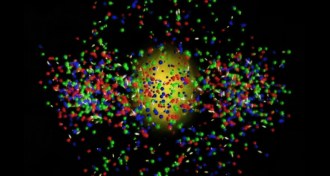 Physics
PhysicsEarly quark estimates not entirely realized
Decades of research have shed a little light on quarks, the mysterious building blocks of atoms.
-
 Earth
EarthSuccession of satellites keep eye on Earth
50 years after plans were laid for the first Earth-observing spacecraft, the youngest Landsat satellites are still flying and imaging the planet’s surface.
-
 Health & Medicine
Health & Medicine50 years ago, a promising agent pulled
DMSO was promised to cure everything from headache to the common cold. But human testing stopped in 1965.
-
 Science & Society
Science & SocietyLinks between scrapie and MS less likely
Five decades later, scientists still puzzle over what causes multiple sclerosis.